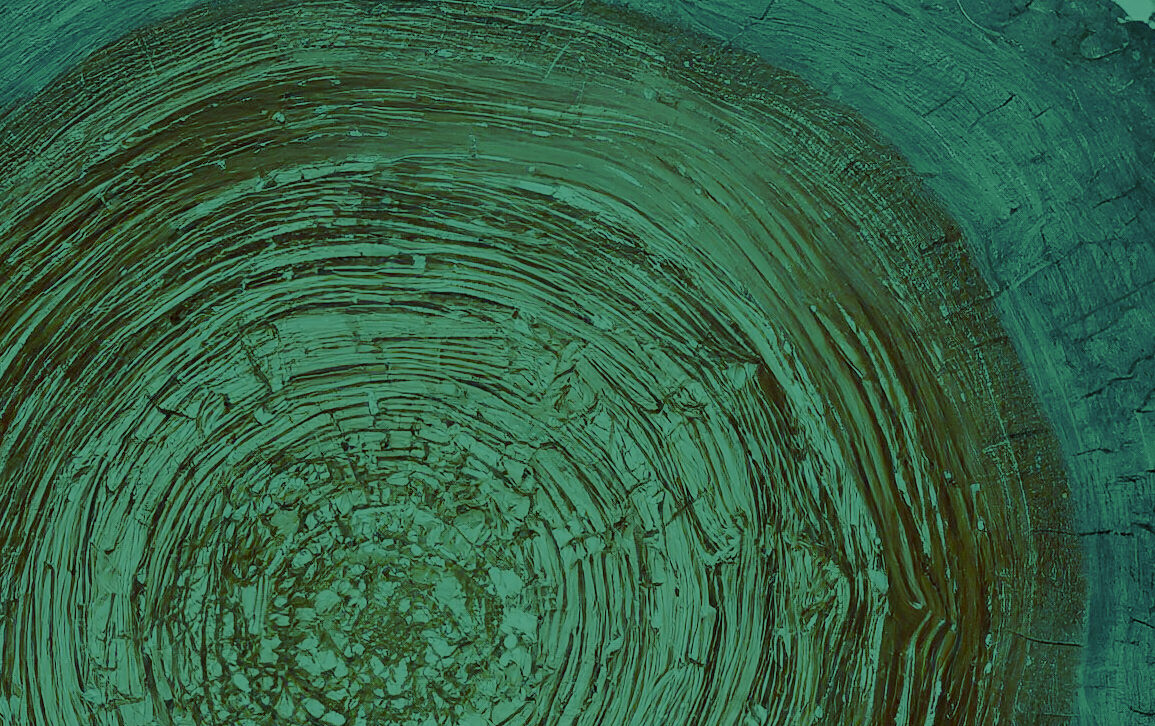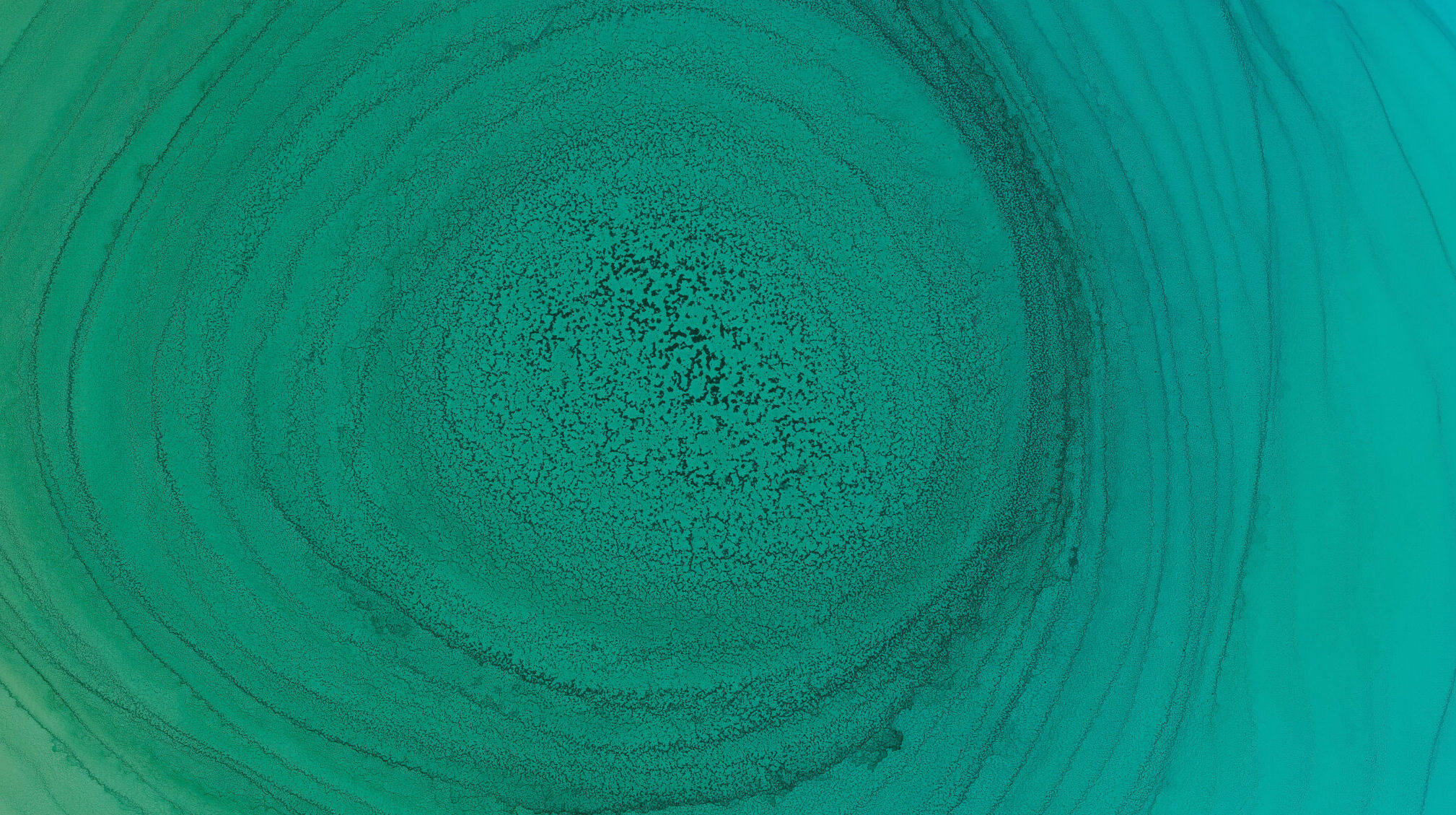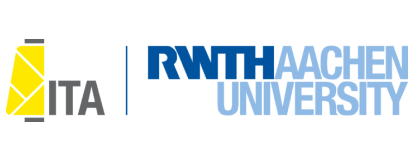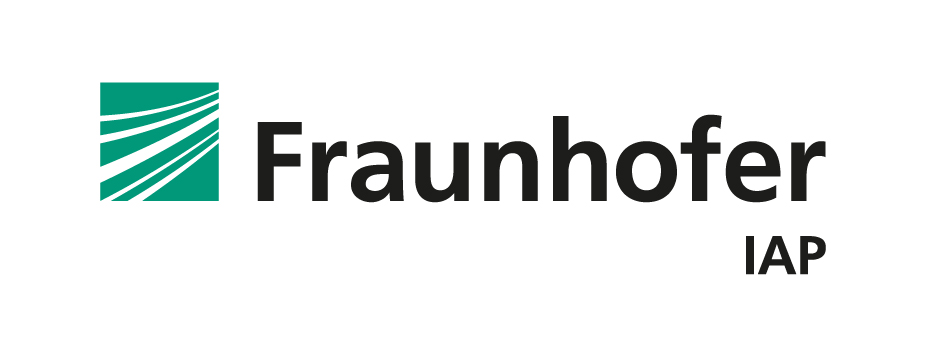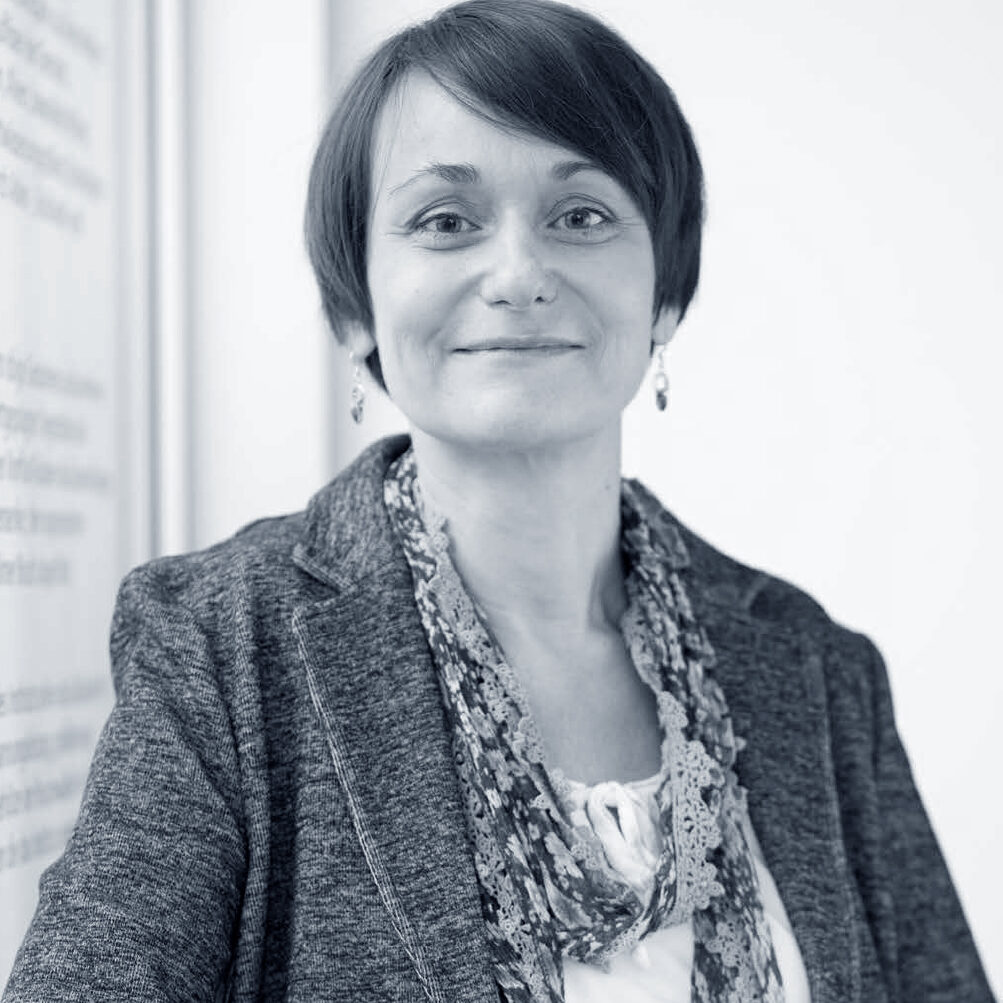APPROACH
BioTexCirc achieves a circular economy by covering the entire path from polymer to polymer and from final product to new input material.
Within the project the chemical recycling of bio-based polyamides (materials for high-performance textile fibers) will be explored. Due to the fact that polyamides are condensation polymers, they easily yield their original monomer building blocks and are therefore predestined for the chemical recycling process. Currently, several textile recycling approaches are scientifically explored. One of them is the chemical recycling process which generally allows recycling to virgin material qualities. The polyamides will be degraded under aqueous conditions at elevated temperature and pressure using a depolymerization catalyst. Extraction, distillation, and crystallization will be used to separate and purify the building blocks. Various depolymerization conditions will be explored to validate the most suitable route for each polymer. After establishing down-streaming processes, the recycled and purified building blocks will be polymerized to polyamides, whose properties will be compared with the original polyamides used as feed for the recycling process.
The pre-treatment options in the BioTexCirc project aim to improve the quality of the recycled material. These include the model extension and inclusion of the pre-treatment step in the empirical model, the identification and evaluation of the removal of impurities from the materials, and the development of a process to convert materials into recyclable products. In addition, an evaluation of the pre-treatment methods for the application scenarios of the selected materials will be carried out.
The project pays special attention to the ecological factors within the framework of a sustainability analysis. An accompanying life cycle assessment (LCA) and techno-economic evaluation (TEE) to understand potential environmental impacts and the economic aspects of the products and processes developed in the project will be conducted, quantified, and documented.
